1. The risks to privacy from collecting and storing personal information
A risk to personal information collection is that unauthorized access to the information means that your information gets leaked to someone that isn’t supposed to see it. People can easily steal your information if you are inputting information into a non-trusted website. For example, if you see an advertisement for a product on a suspicious site, and you input your information in order to buy the product, then your information may be leaked or stolen.
Another example of this is with temu. They are able to advertise super cheap products by getting other users to download the app. However, this comes with a twist, as temu is known to steal users’ information. There are numerous online complaints about temu stealing users’ credit cards and other forms of financial information.
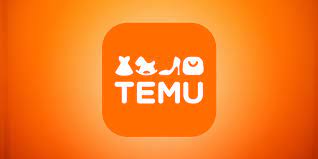

Also, storing others' personal information yourself can be risky. For example, if your computer ran into malware or got hacked, then all of your data could be lost, or even worse, stolen. For example, being the owner of a sneaker reselling app could get you into big trouble if your page got hacked and you and your users lost all of their data.
2. How can computing resources be misused and how can it be protected?
Computing resources can be misused by being used to get into unauthorized sites and positions, whether it be on the internet or within companies. It can also be used to steal information from other people on the internet.
This can be protected by implementing cyber security in order to find the hackable places in your code and reenforcing these holes. For example, this is why big tech companies like Apple or Google hire cyber security to try and hack into the system to find the bugs so that they can fix them and prevent future issues.
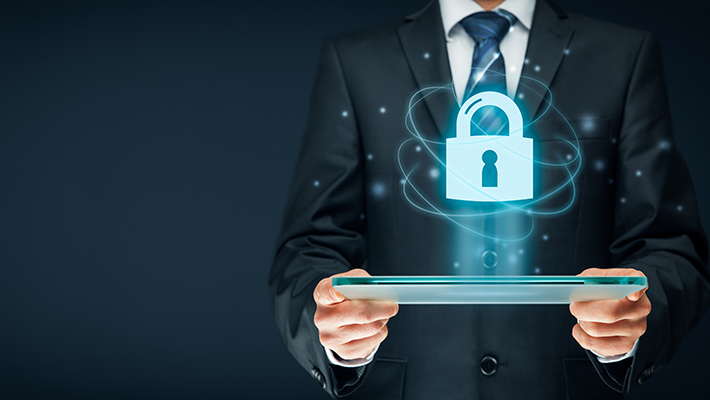
This can also be protected by creating programs where others’ information is not required or needed to avoid the risk of cyberattacks or malware. For example, creating anonymous posts or reactions without having to create a user may be beneficial for protection against hackers. Having discreet usernames and passwords within the system may also be beneficial to protect against hackers.

3. How can computing innovation be beneficial and harmful?
Computing innovation can be helpful as we move into the future to make the lives of users more convenient and comfortable, resulting in more interaction and in turn, more income. This is a win-win scenario for both sides, as the user is able to conveniently use the program while the innovator makes money from making his/her program efficient. Computing innovation can be harmful as more personal information is included in more computer programs, the risks of being hacked is higher. Stealing credit card information, personal information, and other valuable information from clients may lead to the downfall of a program. This is why computing innovation is dangerous; as we further advance into the future, the risks become higher and higher.
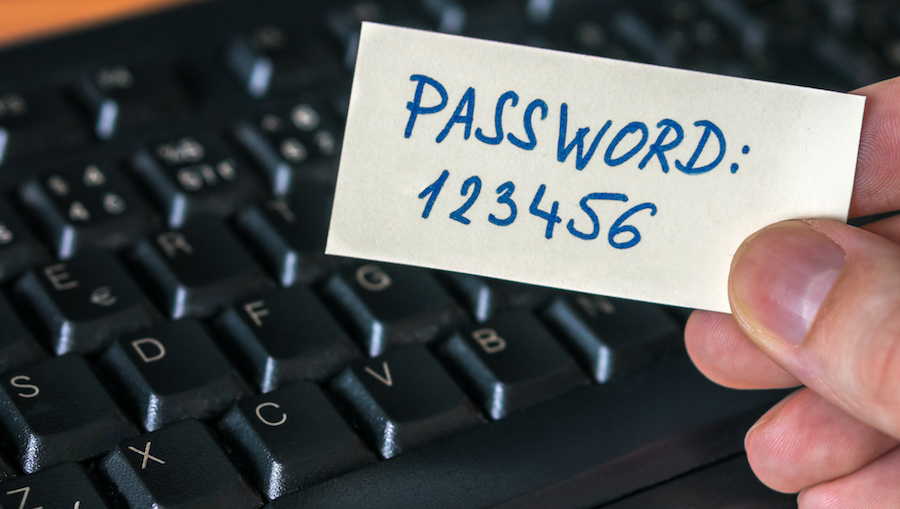
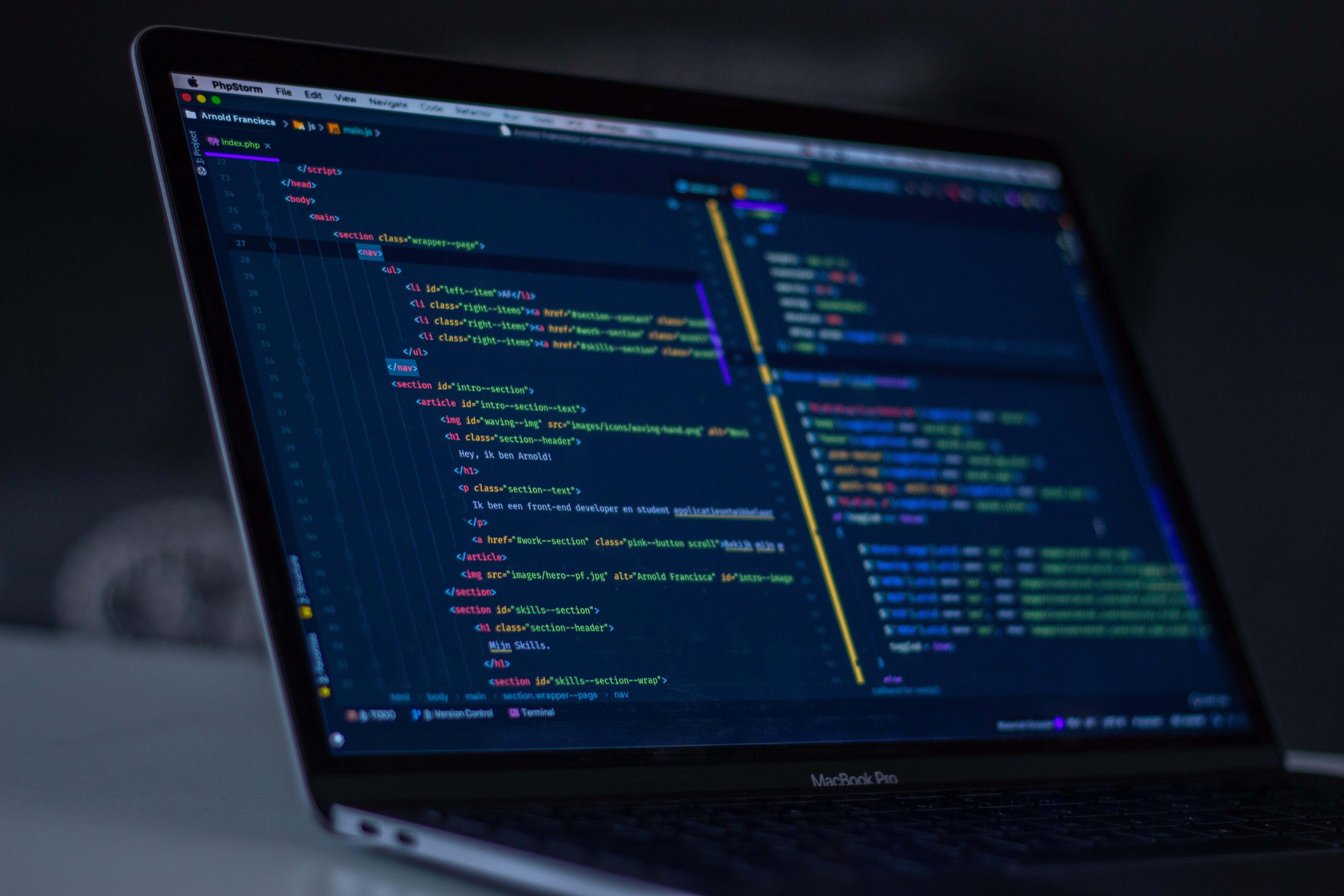
4. How is unauthorized access to personal information gained?
Unauthorized access is gained by hacking weak passwords. This
is why having a strong and uncommon password is crucial to
avoid hackers and your information being leaked. For example,
including many numbers and special characters in your password
with no pattern is unpredictable and harder to hack into.
Going the extra mile to make a complex password will ensure
long term security.
Networks can also be breached. When the security of a network
is weak, it becomes easier for hackers to compromise them and
get access to your information and network. To provide an
example, if you have a weak and unknown service provider who
isn’t reputable, hackers may go into your network system and
get access to your personal information and data. This
stresses the importance of having a reputable network system.
Hackers may also “piggyback” into unauthorized systems by using
the employee to get into the system. For example, a hacker
monitoring an employee at a dentistry with a lot of data from
clients may use the employee to gain access to the personal
information and files of a lot of people.
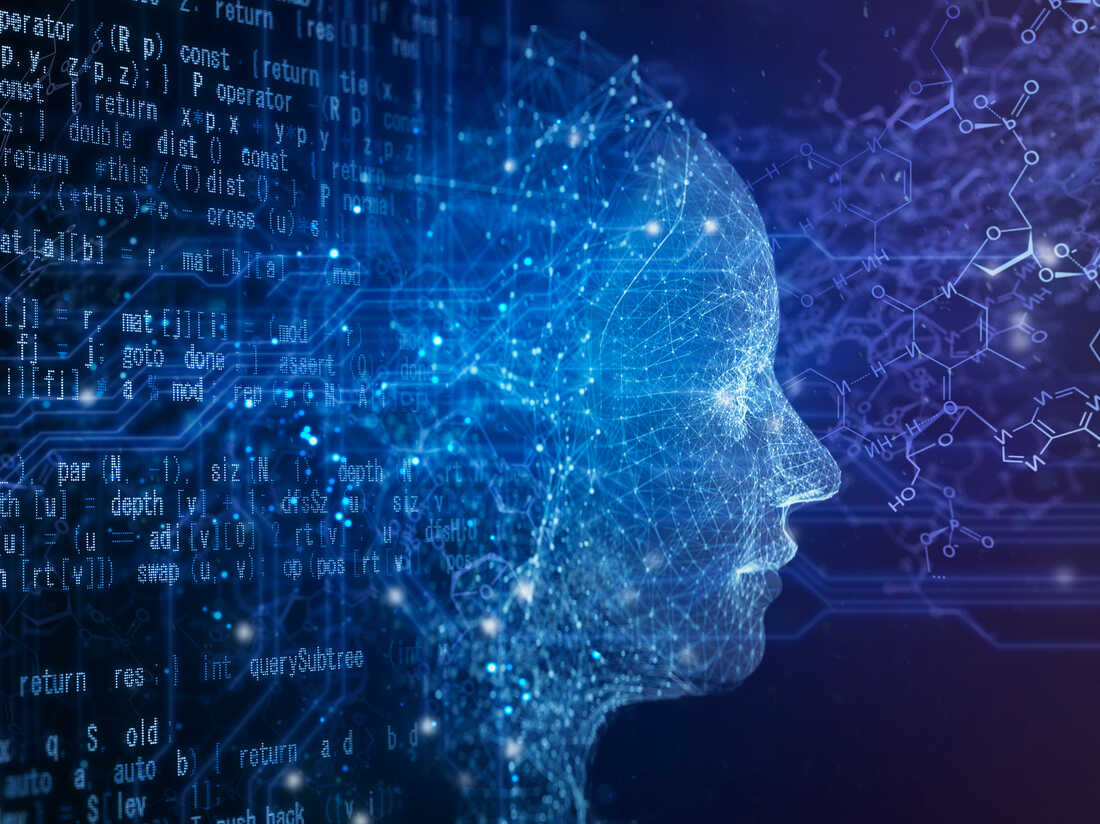

5. How can computing innovation have impact beyond its intended purposes?
Computing innovation is dangerous because it never truly get
deleted. This is where digital footprint comes up. For example, if you were to post something on
instagram that was innapropriate, a workplace can choose to not hire you for poorly representing their company.
Same goes for other social media platforms.
Computing innovation is also dangerous and can get out of hand because of job availability.
As science and technology and AI become so advanced, they become better at performing humans'
jobs. For example, retail jobs and restaurant jobs are being taken over by AI every day.
This is going to lead to a harder, more competitive job market, and a higher unemplyoment rate.
Finally, loss of privacy is a way that computing innovation can have impact beyond its intended purposes.
As companies compile more and more user data, there is no end to what they know about you. Companies have
credit card information, social security numbers, addresses, phone numbers, and so much more. This sensitive information
may be taken lightly as there is no more privacy for customer.

